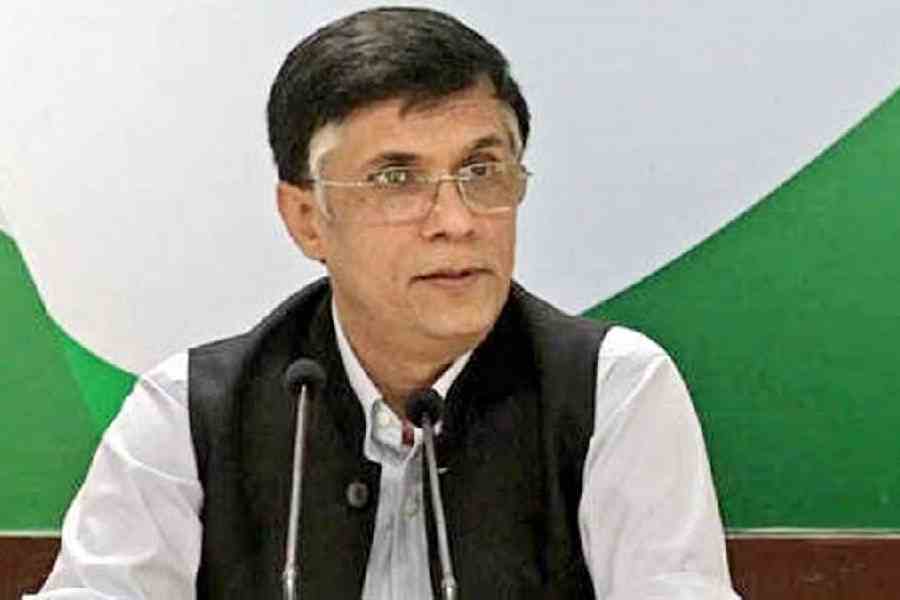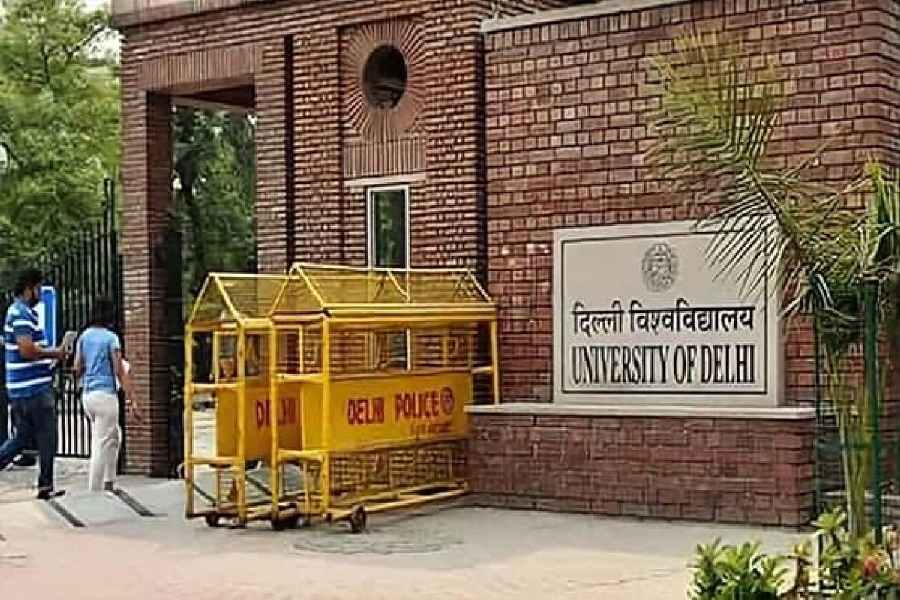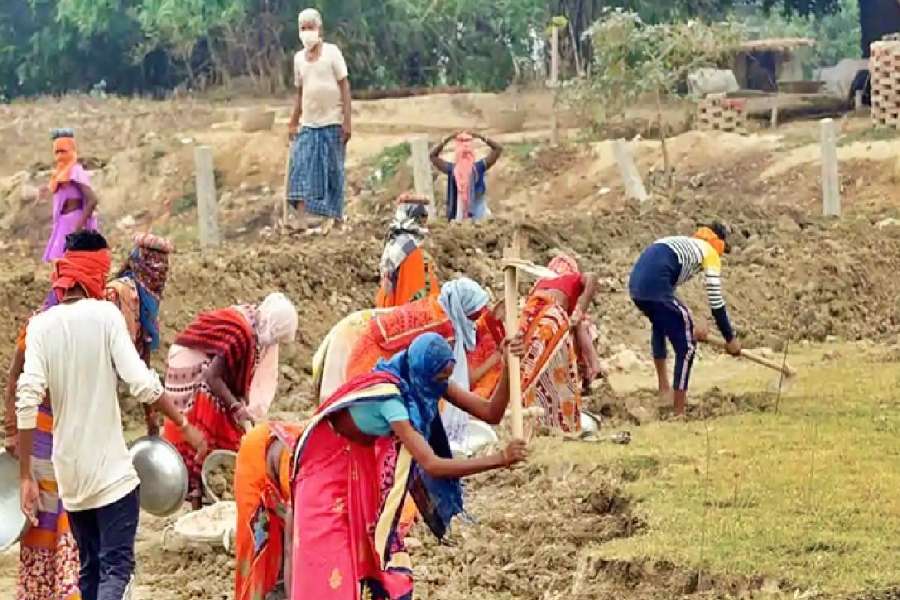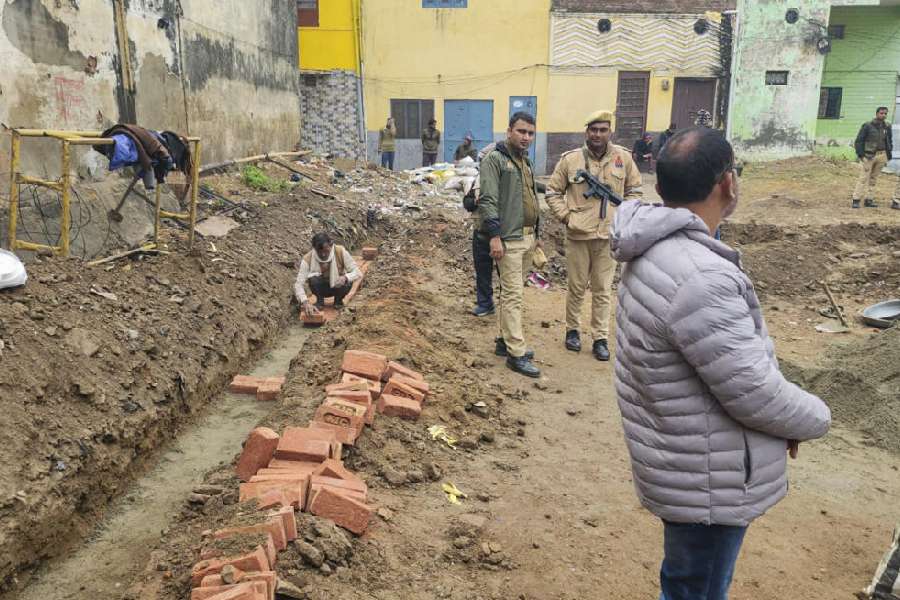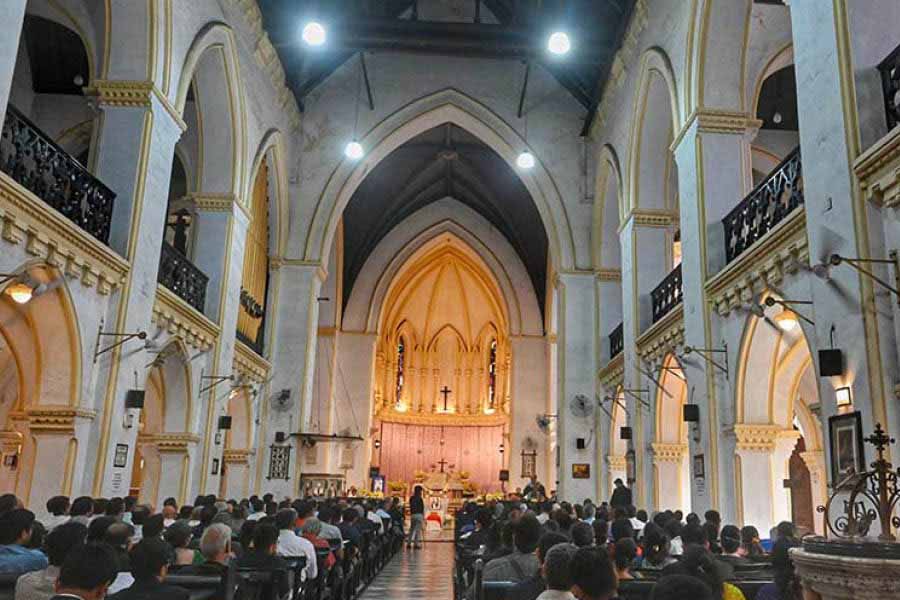If Bhutan sneezes, Siliguri catches cold. The Bhutan government has pressed a pause button on import of vehicles into the country for the next six months to prevent further depletion of its foreign currency reserve, the decision coming as a blow for businessmen dealing in automobiles and auto parts in north Bengal, especially in Siliguri.
Among the neighbouring countries of India with which it shares its borders, Bhutan is the second nation to come up with such a restriction.
Earlier, in April this year, Nepal had announced a similar restriction over the import of non-essential items to maintain its foreign currency reserves. According to the notification issued by the finance ministry of the Himalayan country on Friday, import of vehicles has been halted from August 19.
“Only utility vehicles, heavy earthmoving machines and agricultural machinery, vehicles used for tourism, and taxis due for replacement, have been exempted from this moratorium. It has also been mentioned that only those utility vehicles which cost less than 20,000 USD can be imported,” said a source.
The moratorium will be reviewed. and if necessary, be amended after six months, depending on the position of the country’s foreign currency reserve, says the notification.“Under the constitution of Bhutan, a minimum reserve that can meet the cost of one year’s essential import should be maintained. That is why the decision has been taken to ensure there is adequate reserve to maintain macroeconomic stability,” said Soumen Nag, a researcher based in Siliguri.
That the foreign currency reserve of the Himalayan kingdom has declined in the past one year is evident from the data furnished by the Royal Monetary Authority of Bhutan, the central bank of the country.
According to data available in public domain, the country’s foreign reserve was 1,458.8 million USD in April last year. However, in March this year, it came down to 984.8 million USD.
Members of the business fraternity in north Bengal, a region that shares borders with Bhutan and also with Phuentsholing, the business capital of the neighbouring country, said that although Bhutan is comparatively a smaller nation, the decision would halt the import of vehicles would affect the automobile sector in this part of the country.
They pointed out that according to the report filed by the economic affairs committee of the National Council of Bhutan, in 2020, out of all vehicles imported into the country, 80 per cent were imported from India, 17 per cent from Japan and the rest from other countries.
“This is because of the lower import tariff levied on the Indian vehicles,” said the representative of an automobile showroom here.
Surajit Paul, general secretary of the Federation of Chamber of Commerce & Industries of Eastern India (FCCIEI), an apex trade body of 263 business associations of the region, said that Indian spare parts of vehicles also have a large market in Bhutan.
“There are many traders in north Bengal who supply such spare parts to Bhutan. Also, hundreds of vehicles from Bhutan, both passenger and goods vehicles, move through north Bengal districts and on many occasions, they buy and replace spares here. If there is a halt in import of vehicles in Bhutan, it is evident that this sector too, will not witness a growth in next six months,” said Paul.


